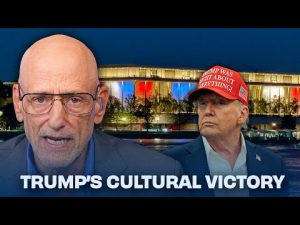In a recent turn of events, the spotlight is shining on a Hyundai car battery plant located in Georgia. This plant was the site of a significant raid that resulted in the arrest of over 475 workers, raising eyebrows and prompting discussions about immigration policies in the United States. South Korea, which has invested a staggering $350 billion in the U.S. economy, is now grappling with the consequences of this large-scale operation, as they need to figure out what to do with more than 300 of the detained workers.
The workers in question were primarily South Korean nationals who had arrived in the United States on ESTA or B1 business visas. However, it appears that many of them were working outside the boundaries of their permitted activities. While some individuals allegedly crossed the border illegally or overstayed their visas, the complexity of their situation highlights a broader issue concerning the U.S. immigration system. This isn’t just about the workers; it’s also about the delicate relationship between the United States and South Korea, which could feel a bit strained after this incident.
Despite the arrests, the Supreme Court has recently sided with President Trump, supporting the government’s measures to combat illegal immigration. This includes allowing federal agents to conduct raids targeting individuals based on their race or language in Southern California. This decision aligns with Trump’s strong stance on immigration enforcement, which advocates for a stricter approach. However, it does come with some nuances that must be understood within the context of ongoing international relations.
In response to the raid, Trump has made it clear that while he welcomes foreign investments, there are expectations that those companies must adhere to U.S. immigration laws. He emphasized the importance of legally bringing skilled workers into the country while also prioritizing the hiring and training of American workers. This is a win-win scenario that ensures the economy benefits while maintaining the integrity of immigration standards.
Nevertheless, there are concerns that this incident might cause some friction in U.S.-South Korea relations, especially as Trump prepares for a visit to South Korea. It’s widely believed that geopolitical interests will help smooth over any turbulence caused by the raid. After all, South Korea has a vested interest in maintaining a strong alliance with the United States, particularly with challenges looming from the north. The business community may be less forgiving, but for now, the hope is that mutual interests will keep diplomatic ties intact as discussions about fair hiring practices and immigration policies continue.







